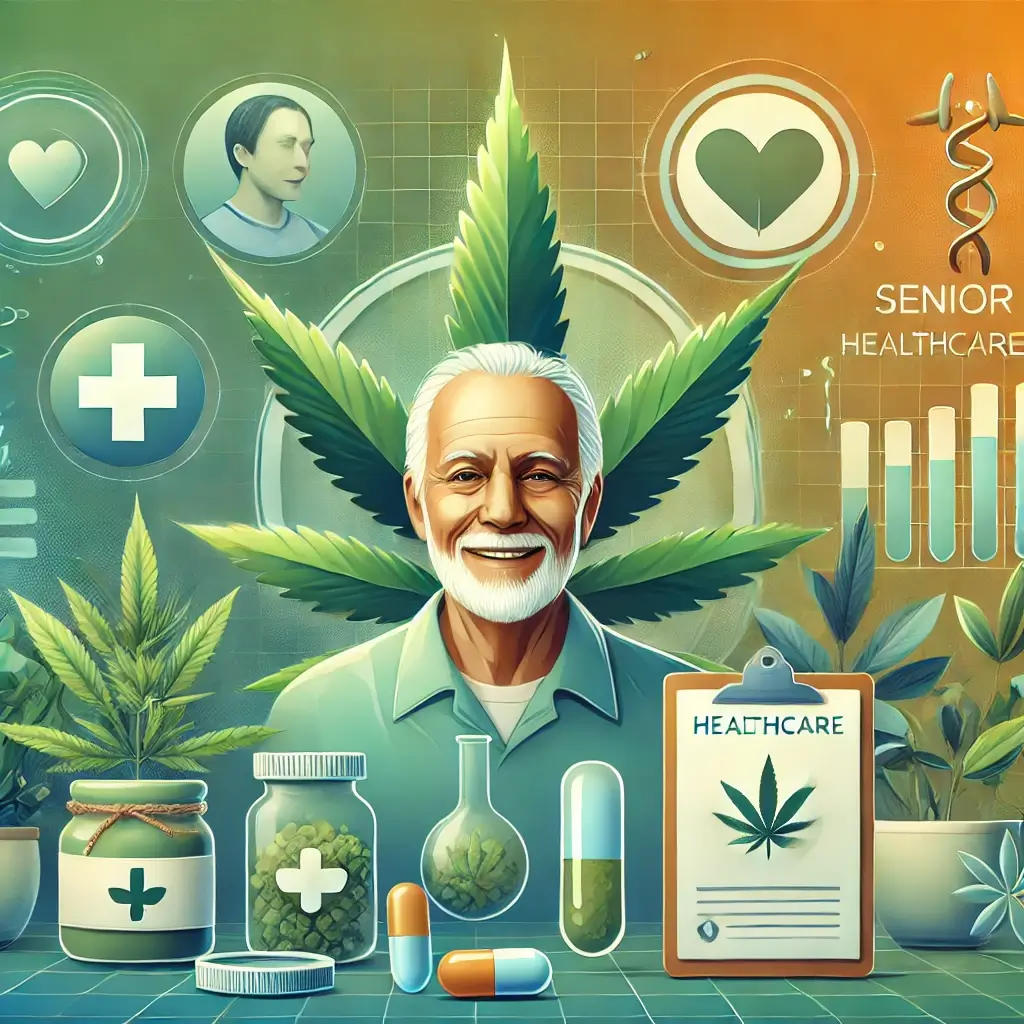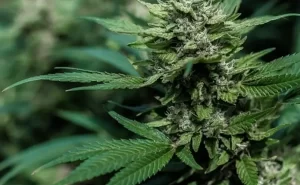Comparison between Marijuana Smoking and Cannabinoids Research
Increasing data indicates that cannabinoids are superior in efficacy and safety compared to the act of smoking marijuana for the therapeutic management of many medical ailments.
One of the primary factors contributing to this is that the act of smoking marijuana introduces several detrimental pollutants into the lungs, including those known to cause cancer.
Alternatively, cannabinoids can be administered to the body by methods other than smoking, including vaporization, ingestion, or topical administration.
One other rationale for the potential superiority of cannabinoids over smoking marijuana is their capacity for more accurate dosage. Consuming marijuana presents challenges in regulating the intake of THC and other cannabinoids. Cannabinoids are a class of chemical substances that engage with the endocannabinoid system, the body’s intricate network of receptors. The endocannabinoid system regulates several physiological activities, such as pain, inflammation, mood, and hunger.
THC is the main mind-altering compound present in marijuana. It is accountable for the euphoric sensation felt by persons who use cannabis. CBD is a crucial nonpsychoactive cannabinoid. Empirical evidence has demonstrated diverse therapeutic advantages, including pain reduction and inflammatory mitigation.
Techniques
Multiple techniques exist for controlling the THC concentration in cannabis products. Employing different cultivars of cannabis is one approach. Specific cannabis cultivars have greater THC concentrations compared to others. Employing various extraction procedures is an alternative approach to controlling the quantities of THC. Specific extraction processes produce goods with more significant amounts of THC compared to others.
One may also control the amount of THC in marijuana products by employing different delivery mechanisms. Smoking or vaporizing cannabis results in a greater concentration of THC compared to consuming it.
These consequences may include the development of anxiety and paranoia. In contrast, cannabinoids may be administered in precise quantities to reduce adverse reactions and optimize therapeutic advantages.
Methodologies
Below are many empirical investigations that have directly compared the efficacy and safety of cannabinoids with the act of smoking marijuana:
A study conducted in 2016 and published in the journal Thorax revealed that the act of vaporizing cannabis is less detrimental to the lungs compared to smoking cannabis.
According to a study conducted in 2017 and published in the journal Pain, it was shown that consuming cannabinoids orally is more efficacious in alleviating chronic pain compared to smoking cannabis.
A study conducted in 2018 and published in the journal Lancet Psychiatry revealed that the use of oral cannabinoids was more productive than smoking cannabis in treating schizophrenia.
A study conducted in 2019 and published in the journal Neurotherapeutics revealed that cannabinoids had superior efficacy compared to smoking cannabis in the treatment of epilepsy.
These findings indicate that cannabinoids may offer a more efficient and less risky therapeutic alternative for a range of medical illnesses compared to the act of smoking marijuana. Nevertheless, further investigation is required to validate these discoveries and determine the optimal method of administering cannabis for each distinct ailment.
In Conclusion
Cannabinoids demonstrate superior efficacy and enhanced safety as a therapeutic alternative for a diverse range of medical illnesses compared to the act of smoking marijuana. Nevertheless, further investigation is required to validate these discoveries and determine the optimal method of administering cannabis for each distinct ailment.
Prior consultation with a medical professional is crucial before the usage of cannabis, particularly if one has pre-existing medical issues or is currently on medication.













